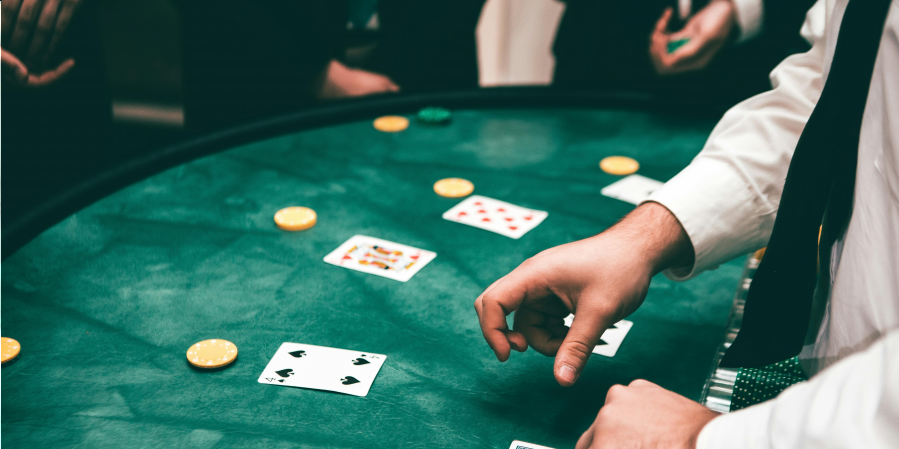

Gambling is one of humanity's oldest activities, evolving from simple betting games to complex systems deeply woven into various cultures. The roots of gambling stretch back thousands of years, marking it as a pastime with significant social and economic impacts across different civilizations. This article provides a historical overview of gambling’s evolution, tracing its journey from ancient societies to its current forms.
Gambling likely began with primitive humans, who wagered on the outcomes of natural events, physical challenges, or rudimentary games. The earliest recorded evidence of gambling can be traced to around 3000 BC, with dice made from animal bones, knuckle bones, or stones found in Mesopotamia. Early humans used these for simple games of chance, setting the foundation for structured gambling.
During the Middle Ages, gambling became widespread across Europe, but it also faced scrutiny. Christian doctrine often viewed gambling as sinful or immoral, leading to its prohibition in various regions. Despite the moral stance, games like dice and cards were played secretly among people of all classes. Royal courts engaged in gambling, while commoners played for entertainment or small winnings. To control gambling’s popularity, authorities in some regions issued licenses, marking an early form of regulated gambling.
The word "casino" originates from the Italian term casa, meaning “house.” By the 17th century, Italy had dedicated spaces for gambling known as casinos. The Ridotto, established in Venice in 1638, is often credited as the first official gambling house in Europe. It provided a regulated setting for gambling but was later shut down in 1774 by Venetian authorities concerned about the economic impact on locals.
In the following centuries, gambling houses appeared across Europe. France became a hub for gambling innovation, giving rise to the game of roulette, which became wildly popular. By the 18th and 19th centuries, casinos began spreading to other parts of Europe, establishing a tradition of regulated gaming.
Lotteries have a long history, with organized lottery systems emerging in 15th-century Europe. Cities like Florence and Bruges ran lotteries as a way to fund public works and charitable projects. England introduced its first state lottery in 1569 to help finance the government. Over time, lotteries became a popular, accessible form of gambling in Europe, generating revenue for governments and shaping future gambling regulations.
Gambling came to America with the European settlers, where it quickly found popularity among colonists. Early American settlers organized informal gambling activities, such as horse racing and lotteries. The California Gold Rush (1848–1855) expanded gambling activities on the West Coast, leading to the establishment of saloons that provided a mix of games like poker and roulette.
By the late 19th century, anti-gambling sentiments grew, leading to restrictive laws and widespread prohibition. In the early 20th century, however, Nevada's decision to legalize gambling in 1931 during the Great Depression marked a pivotal moment in American gambling history, eventually leading to Las Vegas’s establishment as the gambling capital of the world.
Today, gambling is a multibillion-dollar industry with a significant impact on global economies. While it generates jobs and revenue, it also brings challenges, including gambling addiction and social consequences. As a result, countries now enforce regulations to promote responsible gambling, ensuring the protection of vulnerable individuals.
Gambling’s evolution mirrors societal changes, from rudimentary dice games in ancient Mesopotamia to the elaborate casinos and online platforms of today. It has seen periods of prohibition and regulation, shifting to meet economic needs and societal values. As technology advances, gambling will likely continue to evolve, raising new questions about ethics, regulation, and its role in society.
Gambling has traveled through cultures and eras, becoming a deeply ingrained aspect of human entertainment and a complex industry that shapes economies worldwide.
